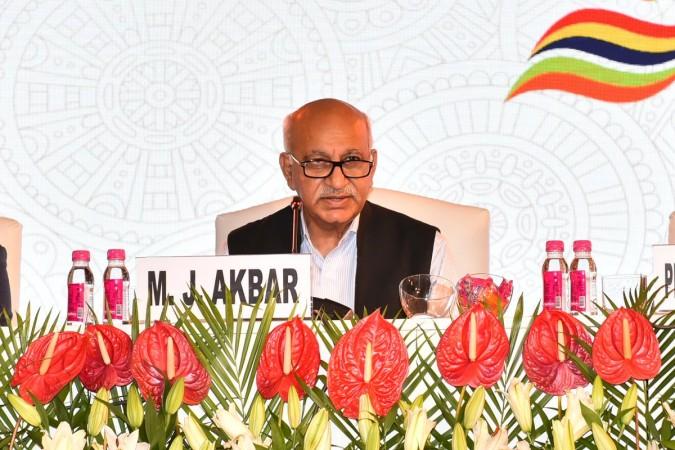While acquitting journalist Priya Ramani in a criminal defamation case filed by M.J. Akbar, whom she accused of being her harasser, a Delhi Court on Wednesday said that a woman has the right to put her grievances even after decades and that right of reputation cannot be protected at the cost of right to dignity.
"The woman has the right to put her grievances at any platform of her choice and even after decades," Additional Chief Metropolitan Magistrate Ravindra Kumar Pandey noted.
The court further said that right of reputation cannot be protected at the cost of right to dignity. "Women cannot be punished for raising voice against the sexual abuse in the pretext of complaint of defamation."

The Additional Chief Metropolitan Magistrate also took consideration of the systemic abuse at workplace. He said that the time has come for the society to understand the implication of sexual harassment.
#MeToo Movement
In the wake of #MeToo movement in 2018, Ramani had made allegation of sexual harassment against Akbar. Pursuant to this, he filed the criminal defamation case against her and resigned as the Union Minister. Trial began in 2019 and went on for almost two years.
In 2017, Ramani wrote an article for the Vogue where she described her ordeal of being sexually harassed by a former boss during her job interview for his publication. One year later, she revealed that the person alluded to as harasser in article was M.J. Akbar.
Akbar told the court that Ramani's allegations were fictitious and cost him his stellar reputation. Priya Ramani, on the other hand, contested these claims, pleaded truth as her defence and said that she made allegations in good faith, public interest, and for public good.
The judgement in the case is important as it sets a precedent for similar cases which arose from the discourse-changing #MeToo movement.








